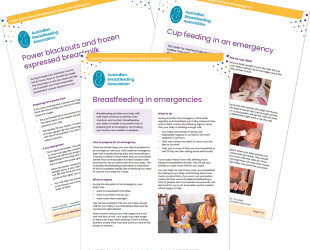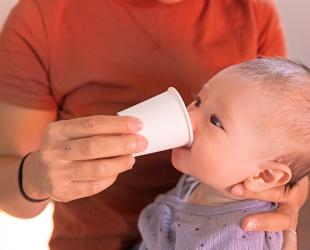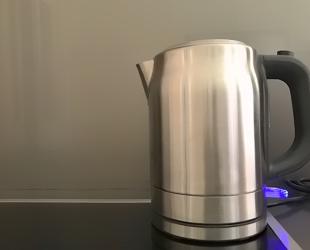A little planning can make a big difference
This page has information to help you prepare.
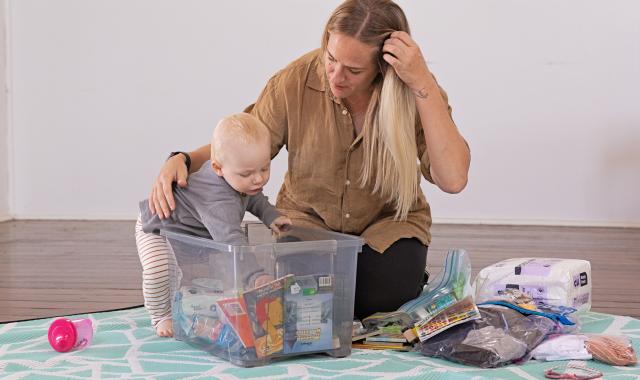
Emergencies like fires, floods and storms happen often in Australia and they can strike with little warning. Taking some time to plan ahead can make a big difference in keeping your baby or young child safe during a disaster.
Babies and toddlers are especially vulnerable. They need more than just clean water to stay healthy, without the right food, warmth and care, they can become unwell very quickly. Knowing what to do and having the right supplies on hand can help you protect your little one when it matters most.
Information for families and responders
Information for mums and families
Practical advice, support and resources to help you care for your baby during an emergency.
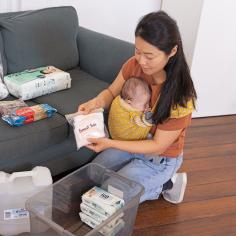
Information for emergency workers and volunteers
Guidance and resources to support breastfeeding families and infants safely and effectively in emergencies
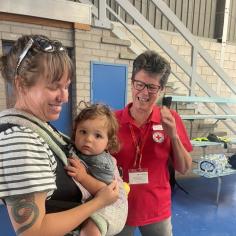
Why breastfeeding is important in an emergency
- Breastmilk is always safe.
- It doesn’t need to be stored, heated or cleaned with water.
- It protects babies from sickness and infections.
- It helps keep your baby fed, hydrated and comforted.
- Breastfeeding can calm both you and your baby during stress.
The value of breastfeeding in emergencies
- Breastmilk provides a safe source of food and water for babies during emergencies.
- It helps protect babies from infections, which are more common in disaster situations.
- Continuing to breastfeed is a simple and powerful way to be prepared during emergency seasons.
- As long as you and your baby are together, breastfeeding offers a steady supply of nourishment.
- Breastfeeding can also bring comfort and reassurance to your baby during times of stress and disruption.
- Knowing your baby has safe food and comfort can give you peace of mind in uncertain times
Need help? Call the Breastfeeding Helpline
ABA volunteers are able to offer information and support in emergencies, no matter how your child is fed. To speak to a breastfeeding counsellor, call the Breastfeeding Helpline at any time on 1800 686 268.

More help and information during an emergency
You can find more emergency planning tips from the Australian Red Cross and your state or territory emergency service. Some include advice on feeding babies.
- Australia-wide - Australian Red Cross Emergency preparedness guide
- Australian Capital Territory - Be Emergency Ready
- New South Wales – Get Ready NSW
- Northern Territory - Secure NT
- Queensland - Food during a disaster
- South Australia - Emergencies and safety
- Tasmania - State Emergency Service Plan and Prepare
- Victoria - Evacuating with infants in an emergency
- Western Australia - Hazard Information
Australian Breastfeeding Association and Western Sydney University. (2023). 'Want to help the children? Help the parents': Challenges and solutions from the Babies and Young Children in the Black Summer (BiBS) Study. DOI: 10.26183/ggeh-p937
Gribble, K. & Berry, N. (2011). Emergency preparedness for those who care for infants in developed country contexts. International Breastfeeding Journal 16(6):1–12.
Gribble, K., Peterson, M., & Brown, D. (2019). Emergency preparedness for infant and young child feeding in emergencies (IYCF-E): An Australian audit of emergency plans and guidance. BMC Public Health, 19(1),1278.
Williams, H. G. (2006). ‘And not a drop to drink': Why water is harmful for newborns. Breastfeeding Review 14(2):5–9.
